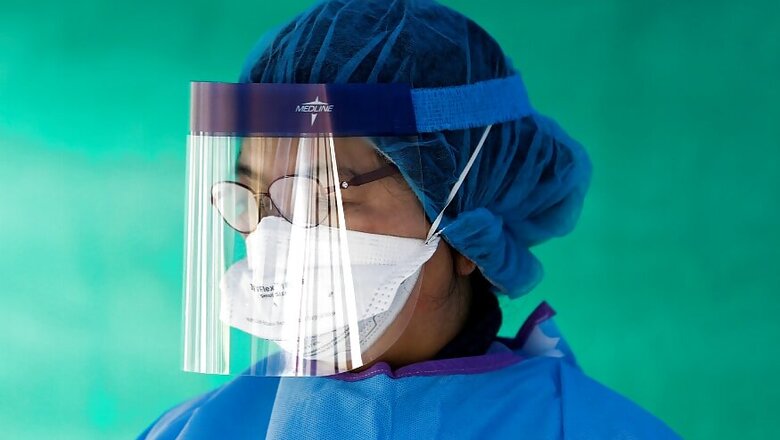
views
Chennai: Lavanya Shankar (name changed on request) remembers her fears split between herself and that of her barely one-year-old son when the symptoms started showing: just a mild fever.
Looking back on the days of the onset of the COVID-19 disease in her family, Shankar exults in the fact that she and her son made it back home safe, and are now recovering in the secured confines of their home in western Tamil Nadu.
"l had fever that day. So I had a doubt. If it was positive, then I should get good care. I thought it would be better to rest. So I voluntarily went and got tested. When I was tested positive, I was frightened. I was worried about my children and my mother in particular. But everybody got through quite well,” she told CNN-News18 on the phone.
Even as her prayers and thoughts are with her mother and husband, with both in hospital, Shankar is confident that COVID survivors emerge stronger than weaker, and that life perspectives also change when you get out of the grip of a “dangerous disease” that is killing people across the world.
A doctor herself and living in a hotspot area, Shankar had consulted with her husband, also a doctor.
In these troubled times, decisions to take the COVID-19 test are becoming numerous by the day.
Possibly one of the biggest takeaways from Shankar’s experience through the process was the subtlety with which the virus took her over. No big-bang symptoms. “Everybody contracting the virus will not have severe symptoms. We were having mild symptoms. We were given supportive treatment, good food and adequate support. Doctors and nurses took a professional approach in treating us,” she said.
The COVID-19 disease has also led to a psychological pandemic: isolated people struggling with a new normal in life. Having gone through it, Shankar feels the battle is mental as much as physiological. “My advice to people is to not get depressed if one tests positive. You can get over it. Those who haven't contracted the disease should be careful, especially elders and children.”
Shankar also had pangs of anxiety as to how the neighbours were going to behave. Already, reports of ostracisation and stigmatisation have been coming in from across the country. Government spokespeople have been urging the public not to hold victims accountable for contracting the disease. “Any health professional is at a higher risk. It's not just the doctors. I think all governments are doing their best to provide adequate amount of personal protective equipment (PPE) to every health professional. Some fears exist. These should be addressed,” she said.
Fortunately, Shankar’s neighbours treated her well. They have been helping too and “spreading positivity”.
Tamil Nadu has been battling with multiple hotspots across the southern and western parts of the state. It’s latest numbers are at 738 total cases, second only to Maharashtra in the national tally.

















Comments
0 comment